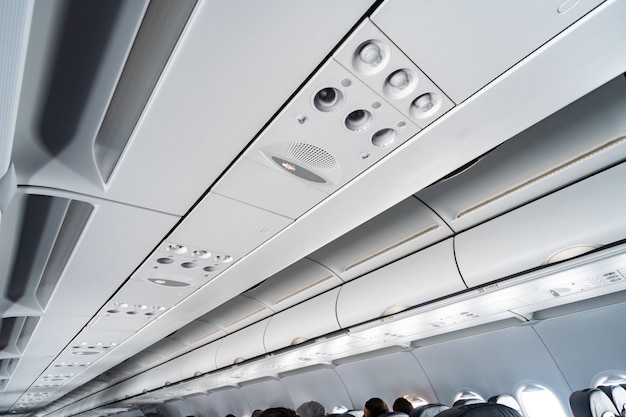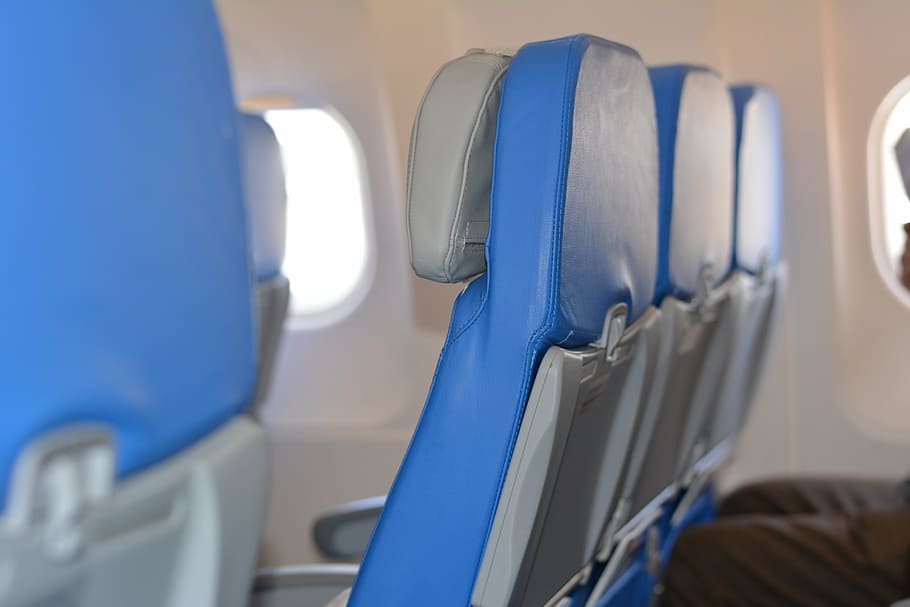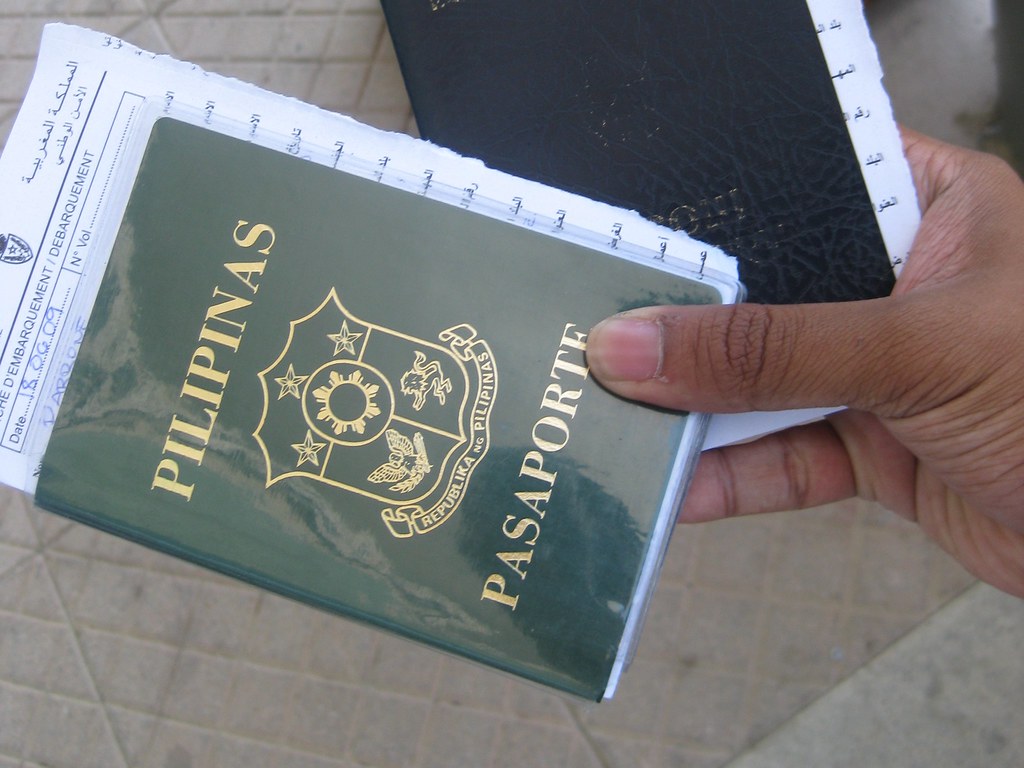Are You More Likely to Catch COVID-19 on an Airplane?
Stay informed.
by Ina Louise Manto | March 10, 2020
With the alarming increase in the number of cases of COVID-19 globally, travelers are becoming more wary about future trips. Scared of contracting the deadly virus, citizens have been taking extra precautions to maintain good health and avoid the risk of catching it. However, how about those who have planned trips since last year? Even if you’re not traveling to a place that’s badly affected, is flying still a good idea? After all, a plane is an enclosed space where the air is circulated. The big question is: are you more likely to catch COVID-19 on an airplane?
Circulated air in airplanes

According to the World Health Organization, airplanes don’t necessarily increase the risk of contracting the virus, compared to other modes of mass transit. Most modern aircraft have recirculation systems where air passes through high-efficiency particulate air filters. These filters trap bacteria, viruses, fungi, and dust particles before air is recirculated. The same type is used in hospital intensive care units and operating rooms.
How likely am I to catch a virus onboard?

Studies on the behavior of passengers in airplanes have been conducted in the past years. In 2018, one Penn State University study found that choosing a window seat would decrease the chances of catching a disease on board. However, this only applies if the passenger stays put during the flight as it minimizes close encounters compared to other seats.
All in all, the study suggests that there is a low probability of transmission to any passenger. The risk of transmission only increases if you’re seated beside an individual who is coughing or sneezing.
Here’s how you can disinfect your seat on an airplane

A year ago, this precaution might’ve looked like overkill to others but you just can’t risk it, especially during an outbreak. Of course, planes are disinfected in between flights, especially if it stays in the hangar overnight. Much like other forms of mass transportation, airplanes are public — it wouldn’t hurt to clean it, or maintain its cleanliness.
Pack disinfecting wipes and use them as soon as you board the plane. Focus on the areas where your hands will touch the most: the tray table, seatback displays, and armrest. Follow the instructions of the cleansing wipes thoroughly, to get the most results out of the product. After doing so, proceed to sanitize your hands.
Should I cancel my trip abroad?

As the number of COVID-19 cases increases globally, more are canceling their flights or moving them to a later date. It is important to be updated day-to-day prior to your trip. If you’re going to a country where there are few to no patients at all, then there shouldn’t be a problem with proceeding to your trip. Stay vigilant and maintain precautionary measures to make sure you are safe from the virus. Most importantly, do not travel if you are sick.
Can you still touch handrails in airports?

The virus can stay on handrails for up to 72 hours. Touching it will not give you the virus as long as you immediately wash your hands after and refrain from touching your face. This also applies to when you ride other forms of public transportation. Remember that touching your eyes, nose, or mouth with unwashed hands can transmit the virus from the surface to you.
Protecting yourself from the virus

Here are some tips to help protect you while traveling:
1. Always wash your hands with soap and water for at least 20 seconds.
The WHO suggests singing the Happy Birthday song while handwashing. In cases where you can’t avoid traveling, wear a face mask. This will protect you from inhaling droplets when someone near you coughs or sneezes. The virus is not airborne and transmitted through droplets when coughing or sneezing.
2. Do not sneeze or cough into your hands!
This will contaminate your hands and people or objects that you might touch. Instead, do so while wearing a face mask or cover your face with your elbow. Again, do not touch your face with unclean hands. Always keep wipes and sanitizers, but washing your hands is still the most effective way of staying clean.
3. Follow the news
Most importantly, stay updated with current developments regarding COVID-19. It is important to stay vigilant and informed especially when there is an outbreak. You may follow the official news sites or the World Health Organization on Facebook and Twitter for updates.
If you found this article informative, you might also want to refer to the following:
Rebooking, Cancellations, Etc: What Should You Do If COVID-19 Wrecks Your Travel Plans?
COVID-19 Travel Bans: What Filipino Travelers Need to Know
COVID-19: Can Filipino Travellers Still Visit Japan?









